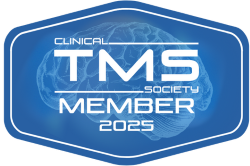
JOIN US! TMS Education Event - Tuesday, April 9th 5:30pm pst - Click to learn more!
Nicotine Addiction
TMS for Nicotine Addiction
Like with all substance use disorders, there is a complex interplay between biological, social, psychological, and cultural factors when it comes to nicotine addiction. Neuroimaging studies show that nicotine increases activity in the prefrontal cortex, thalamus, and visual system. When inhaled, nicotine stimulates the release of dopamine and other neurotransmitters in the brain, creating a pleasurable sensation. Over time, the brain starts to rely on nicotine to trigger these feelings, leading to addiction.
Traditional Treatments for Nicotine Addiction
- Nicotine Replacement Therapy (NRT): Products like patches, gum, and lozenges provide a lower level of nicotine to ease withdrawal symptoms.
- Prescription Medications: Drugs like Bupropion and Varenicline help reduce cravings and withdrawal symptoms
- Behavioral Therapies: Counseling and support groups to develop strategies to stop smoking.
Challenges with Traditional Treatments:
- Low Success Rates: One of the significant challenges with traditional treatments is the relatively low success rate. Many individuals attempting to quit smoking relapse, often multiple times. Studies suggest that less than 10% of people successfully quit smoking using these methods alone.
- Relapse Triggers: High chances of relapse, especially in stressful situations or without continuous support.
- Side Effects: Some individuals may experience adverse effects from medications or find NRTs insufficient to curb cravings fully.
- Behavioral Dependencies: Overcoming the habitual aspect of smoking, such as the act of holding a cigarette or smoking at social events, can be particularly challenging.
Benefits of TMS treatment for Nicotine Addiction
- Reduction in Craving Intensity: May lead to a significant decrease in the intensity of nicotine cravings.
- Support for Behavioral Change: Complements behavioral therapies by reducing the neurological urge to smoke.
- Targeted Brain Stimulation: Modulating brain activity in areas affected by nicotine addiction

What patients are saying
"Desperate and struggling, my therapist recommended TMS. With an open mind and cautious optimism, I tried it. In just five days, my anxiety improved significantly. The clinic staff was fantastic, offering counseling and education on anxiety. The whole experience, including aftercare and follow-up, made a huge difference. I wholeheartedly recommend Accelerated TMS at Kind Health Group. Thank you, Dr. Nanos, and your amazing team"
Harmelech T, Hanlon CA, Tendler A. Transcranial Magnetic Stimulation as a Tool to Promote Smoking Cessation and Decrease Drug and Alcohol Use. Brain Sciences. 2023; 13(7):1072. https://doi.org/10.3390/brainsci13071072
Zangen, A., Moshe, H., Martinez, D., Barnea-Ygael, N., Vapnik, T., Bystritsky, A., Duffy, W., Toder, D., Casuto, L., Grosz, M. L., Nunes, E. V., Ward, H., Tendler, A., Feifel, D., Morales, O., Roth, Y., Iosifescu, D. V., Winston, J., Wirecki, T., Stein, A., … George, M. S. (2021). Repetitive transcranial magnetic stimulation for smoking cessation: a pivotal multicenter double-blind randomized controlled trial. World psychiatry : official journal of the World Psychiatric Association (WPA), 20(3), 397–404.
https://doi.org/10.1002/wps.20905
Abstract Summary:
This study is a multicenter double-blind randomized controlled trial (RCT) that investigates the efficacy of repetitive transcranial magnetic stimulation (rTMS) as a treatment for smoking cessation.In this study, 262 individuals with a chronic smoking habit, all of whom were diagnosed with tobacco use disorder according to DSM-5 criteria and had unsuccessfully attempted to quit at least once before, were enrolled. Over the course of the study, these participants underwent a treatment regimen that included daily bilateral rTMS (repetitive Transcranial Magnetic Stimulation) targeting the lateral prefrontal and insular cortices for three consecutive weeks. This was followed by a maintenance phase of once-weekly rTMS sessions for an additional three weeks.The primary outcome measure was the four-week continuous quit rate (CQR) until Week 18. The results showed a significantly higher CQR following active rTMS compared to sham rTMS, suggesting that rTMS is a safe and effective treatment protocol that promotes smoking cessation by stimulating relevant brain circuits. This research is notable as the inaugural extensive, multicenter randomized controlled trial (RCT) in the field of addiction medicine focusing on brain stimulation. It has culminated in the groundbreaking approval of rTMS (repetitive Transcranial Magnetic Stimulation) by the US Food and Drug Administration as a supportive treatment for smoking cessation in adults.
If this is a life-threatening emergency, please call 911 or the National Suicide Prevention Lifeline














































